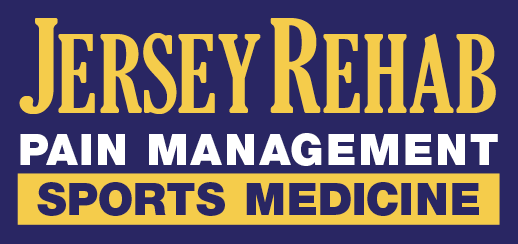Pain Management and Mental Health: Addressing the Emotional Impact of Chronic Pain
Chronic pain is not merely a physical condition but a complex experience that can profoundly impact your mental health and emotional well-being. The persistent discomfort or pain that lasts longer than the usual course of an acute illness or injury can become a relentless part of your life, affecting all aspects, from daily activities to relationships and mental health.
Addressing the emotional impact of chronic pain is crucial for comprehensive pain management and improving quality of life. Let’s learn more about the link between chronic pain and mental health, as well as strategies for living well with discomfort.
Understanding the Link Between Chronic Pain and Mental Health
Chronic pain and mental health are intricately connected, often creating a cyclical relationship where each can influence and exacerbate the other. Conditions such as depression, anxiety and stress are significantly higher among individuals with chronic pain. The constant presence of pain can lead to feelings of frustration, anger, sadness and hopelessness, impacting your mental health. Conversely, poor mental health can intensify the perception of pain, creating a challenging cycle to break.
The Psychological Effects of Chronic Pain
The psychological toll of chronic pain includes a wide range of emotional responses:
- Depression and anxiety. The limitations imposed by chronic pain can lead to a decrease in the ability to engage in enjoyable activities, raising the risk for depression and anxiety.
- Stress and anger. Managing chronic pain can be stressful, leading to heightened levels of anger and frustration.
- Isolation and loneliness. Chronic pain often leads to social isolation, as you may withdraw from social activities due to pain or the fear of worsening your condition.
- Sleep disturbances. Chronic pain can disrupt sleep patterns, leading to insomnia and poor mental health.
Strategies for Managing the Emotional Impact of Chronic Pain
Comprehensive pain management should address both the physical and emotional aspects of chronic pain. Here are several strategies that can help manage the emotional impact:
- Psychotherapy. Counseling or psychotherapy, particularly cognitive-behavioral therapy (CBT), can be effective in teaching coping strategies for dealing with the emotional aspects of chronic pain.
- Stress reduction techniques. Practices such as mindfulness, meditation and yoga can help reduce stress and improve your psychological well-being.
- Physical activity. Engaging in gentle exercise or physical therapy can help improve mood and reduce pain perception.
- Medication. In some cases, medication may be prescribed to manage both the pain and its associated psychological symptoms, such as depression or anxiety.
- Support groups. Joining a support group can provide a sense of community and reduce feelings of isolation.
- Alternative therapies. Working with a pain management specialist can help you uncover alternative treatment methods that work for your pain, such as platelet-rich plasma injections, steroid injections and stem cell therapy.
Comprehensive Treatment for Chronic Pain
The relationship between chronic pain and mental health underscores the need for a holistic approach to pain management that addresses both the physical and emotional aspects of this condition. By incorporating strategies aimed at improving mental health, individuals with chronic pain can find more effective relief and improve their overall quality of life.
Jersey Rehab takes a comprehensive approach to treating chronic pain. Our pain management doctors recognize the connection between mental health and pain, and we offer strategies that promote healing throughout the entire body. Schedule an appointment with our pain management specialists and let’s work toward restoring your quality of life.

